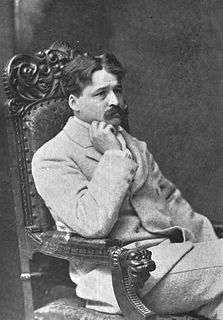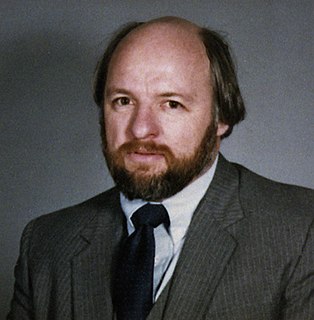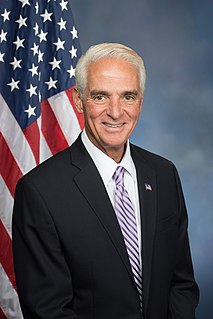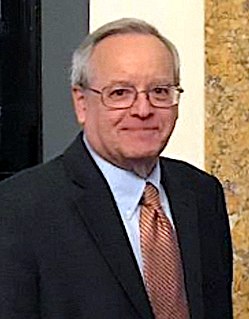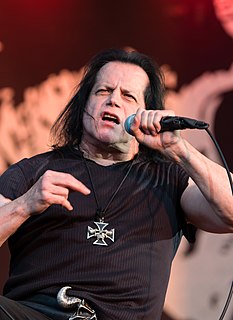A Quote by Mark Steyn
The rules in this new 'post-partisan' era are pretty simple: If the Democratic Party wants it, it's 'stimulus.' If the Republican Party opposes it, it's 'politics' - as in headlines like this: 'Obama Urges GOP To Keep Politics To A Minimum On Stimulus.' These are serious times: As the president says, it's the worst economic crisis since the Thirties. So politicians need to put politics behind them and immediately lavish $4.19 billion on his community-organizing pals at the highly inventive 'voter registration' group ACORN for 'neighborhood stabilization activities.
Quote Topics
Acorn
Activities
Behind
Billion
Community
Crisis
Democratic
Democratic Party
Economic
Economic Crisis
Era
GOP
Group
Headlines
Highly
His
Immediately
Inventive
Keep
Lavish
Like
Minimum
Need
Neighborhood
New
Obama
Organizing
Pals
Partisan
Party
Politicians
Politics
Post
President
Pretty
Put
Registration
Republican
Republican Party
Rules
Says
Serious
Simple
Since
Stimulus
Them
Thirties
Times
Urges
Voter
Voter Registration
Wants
Worst
Related Quotes
ACORN, you may recall, is the left-wing activist group with longtime ties to community organizer-turned-President Barack Obama. The nonprofit, which now takes in 40 percent of its revenues from American taxpayers after four decades on the public teat, has a history of engaging in voter fraud, corporate shakedowns, partisan bullying and pro-illegal immigration lobbying. The Democrats' stimulus proposals could make the group - and its lesser known but even more radical ideological allies - eligible for upward of $5 billion in new public cash.
If American politics does not look to you like a joke, a tragic dance; if you have enough blindness left in you, on any plea, on any excuse, to vote for the Democratic Party or the Republican Party (for at present machine and party are one), or for any candidate who does not stand for a new era, -- then you yourself pass into the slide of the magic-lantern; you are an exhibit, a quaint product, a curiosity of the American soil. You are part of the problem.
What we won't become is a 'Democratic Party lite!' We are a party that wants smaller government and lower taxes. Obama and the Democrats do not. We are a party that wants to encourage small business. We are a party that has a large constituent group that believes in a social agenda and we will not abandon them.
I went into the foreign service because I was interested in politics. But, in 1991, when I joined, I didn't see much of an opportunity to be involved in federal politics as a Conservative. We were at the tail end of the Brian Mulroney era. I wanted to do something non-partisan as a way of preparing for a role in our politics later.
I think the Republican Party has changed. I think our politics have changed. The parties have deteriorated in their strength. They decentralized. We have these new super PACs and outside organizations and the Tea Party, a libertarian movement in the Republican Party. It's very different. And I think these Republicans now are very scared.



